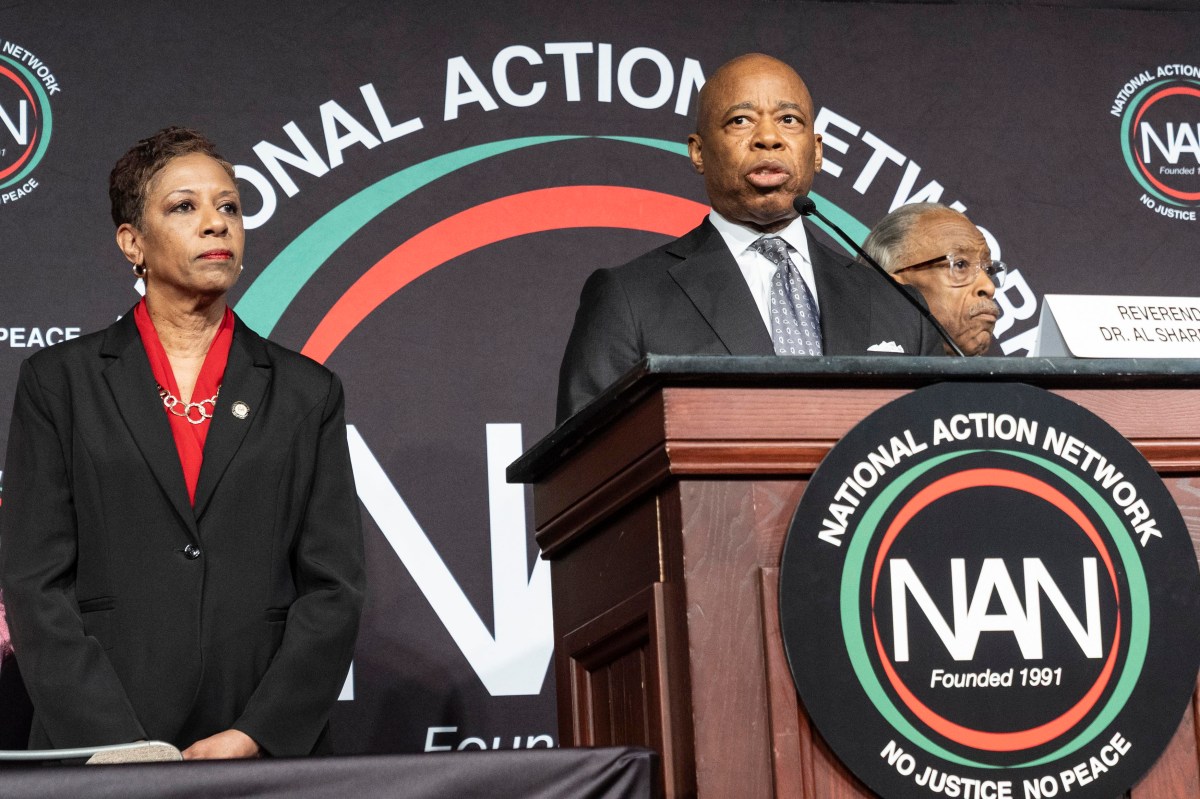Determined to extract millions from European nations which were involved in the cruel and humiliating Trans Atlantic slave trade, Caribbean trade bloc nations Wednesday equated the compensation fight for reparations as equal to the struggle for political independence in the 1960s in the clearest sign yet that they are bracing for a protracted fight with their former colonizers.
The governments communicated this in the final communiqué of a reparations and genocide conference they organized in St. Vincent last week. The final document communicating decisions taken and the thoughts from the key inception meeting were released by the Guyana-based bloc headquarters early Wednesday.
It said that the region has not “embarked on a journey of such magnitude and import for the future development of the people and region since the Caribbean struggles for independence,” calling the three-day conference the first step in a long road to win compensation for the genocide and cruelty suffered by Africans during the slave trading era.
Leaders had announced plans to throw the backing of regional governments for the very first time behind the fight for reparations at their main annual summit in July saying the time had come to face up to the issue once and for all.
The final conference documents said that the meeting ended with a resolve to have follow-up sessions “within a reasonable time-frame to ensure that the momentum started in St. Vincent could be accelerated.”
It also said that countries which have not yet fully set up their national reparations committees should do so quickly. The governments also indicated that they plan to formally write European countries by year end “to at least seek to begin a conversation on the issue with them.”
Twelve countries including the US Virgin Islands attended the key first meeting in addition to representatives from France’s colonies in the Caribbean, Guadeloupe and Martinique as well as Canada, Britain, the US and The Netherlands.
The communiqué stated that based on a presentation from a UK law firm as to how tough it would be to fight such a case, it has now become obvious that “this effort would require a regional consortium of experts in law, research and academia. It was also emphasized that any legal effort must be coupled with the mobilization of our people and an intensification of the political and diplomatic outreach,” it said.
Some conference attendees gave credit and praises to host prime Minister Ralph Gonsalves, the regional Rastafarian movement and respected Caribbean academics like Sir Hilary Beckles of the University of the West Indies for helping the region to reach this stage through their intense lobbying over the years and academic research that will not be used by the reparations movement.
























